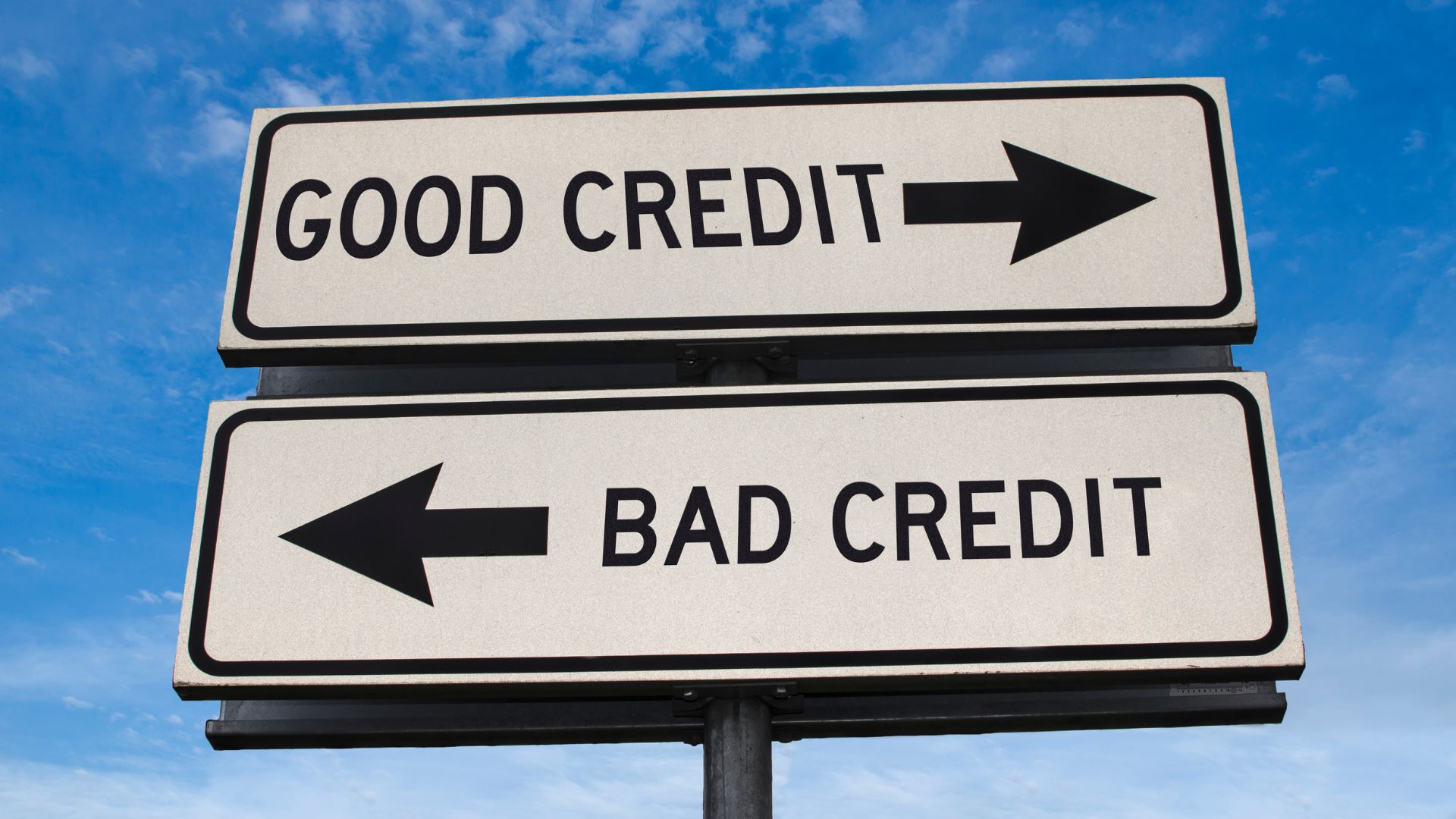And why it actually matters.
So, you want to up your credit score game? A solid score can be the key to unlocking lower interest rates, helping with job apps, and even getting approved for apartments. But let’s be real: understanding how to build it can feel like cracking a code. A good credit score is essential when you’re looking to make major financial moves like buying a car, renting an apartment, or starting down the road to financial independence.
What is a credit score? Think of it as your financial “rep” score. It’s a number that tells lenders how reliable you are when it comes to paying bills and repaying loans. The better your score, the more likely you are to qualify for the best interest rates. Basically, it’s your all-access pass to affordable financing for a car, home, and more.
Credit rating companies like Experian, Equifax, TransUnion, and FICO are crunching the numbers, with each factor contributing to your score differently:
- Payment History (35%): Pay on time, every time—consistency is key.
- Credit Utilization (30%): How much of your available credit you’re using. Less is more here.
- Length of Credit History (15%): Older accounts show you’re stable.
- New Credit Inquiries (10%): Too many credit checks can temporarily ding your score.
- Credit Mix (10%): A variety of credit types, like cards and loans, is a good look.
Now, let’s boost that score! Here’s a breakdown of what you can do right now to see positive changes.
1. Check your credit report for free! Head to AnnualCreditReport.com and get a look at your report. This is your financial report card, and you can pull it for free once a year. Check for any red flags, like late payments or overdue loans, and target what needs fixing.
2. Pay on time, every time. Set reminders, schedule automatic payments, or do whatever you need to stay on top of due dates. On-time payments are the biggest factor in your credit score, so make them a priority. Pro tip: if you can, pay off your credit card balances in full each month to skip interest charges entirely.
3. Lower your credit utilization. Your credit utilization ratio—aka the percentage of your available credit that you’re using—is huge. Aim to keep it below 30% by paying down any high balances and requesting a credit limit increase to lower your utilization (just be careful not to up your spending).
4. Keep older accounts open and limit new credit applications. Older accounts show stability, so if you have old credit cards, keep them open unless they’re costing you in fees. Also, resist the urge to open too many new accounts at once. Only apply for new credit when you really need it.
5. Crush debt strategically. Paying down credit card debt and loans saves you on interest and boosts your score. Start with the debt with the highest interest rate, then move on to the next one. This “debt avalanche” method will save you more money over time, and you’ll get that snowball effect rolling on your score, too.
6. Monitor your credit score like a hawk. Use any number of free tools out there to keep tabs on your score regularly. This lets you see your progress, spot any weird activity, and celebrate those hard-earned gains!
Stick with it for real results. Boosting your credit score doesn’t happen overnight, but small, consistent changes will get you there. From paying on time to managing your credit utilization, each little improvement adds up.
For lots more on how to crush the personal finance game and find early retirement, make Firreo.com your financial advisor. We’ll help you out of your job and on your way to financial freedom!
